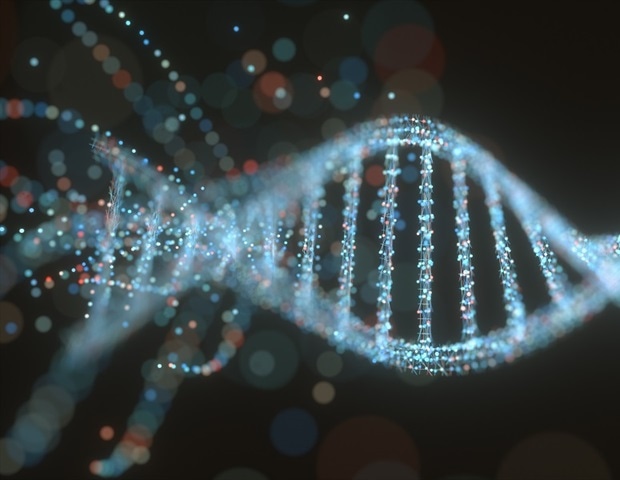This camera captures 156.3 trillion frames per second
Scientists have created a blazing-fast scientific camera that shoots images at an encoding rate of 156.3 terahertz (THz) to individual pixels — equivalent to 156.3 trillion frames per second. Dubbed SCARF (swept-coded aperture real-time femtophotography), the research-grade camera could lead to breakthroughs in fields studying micro-events that come and go too quickly for today’s most … Read more








